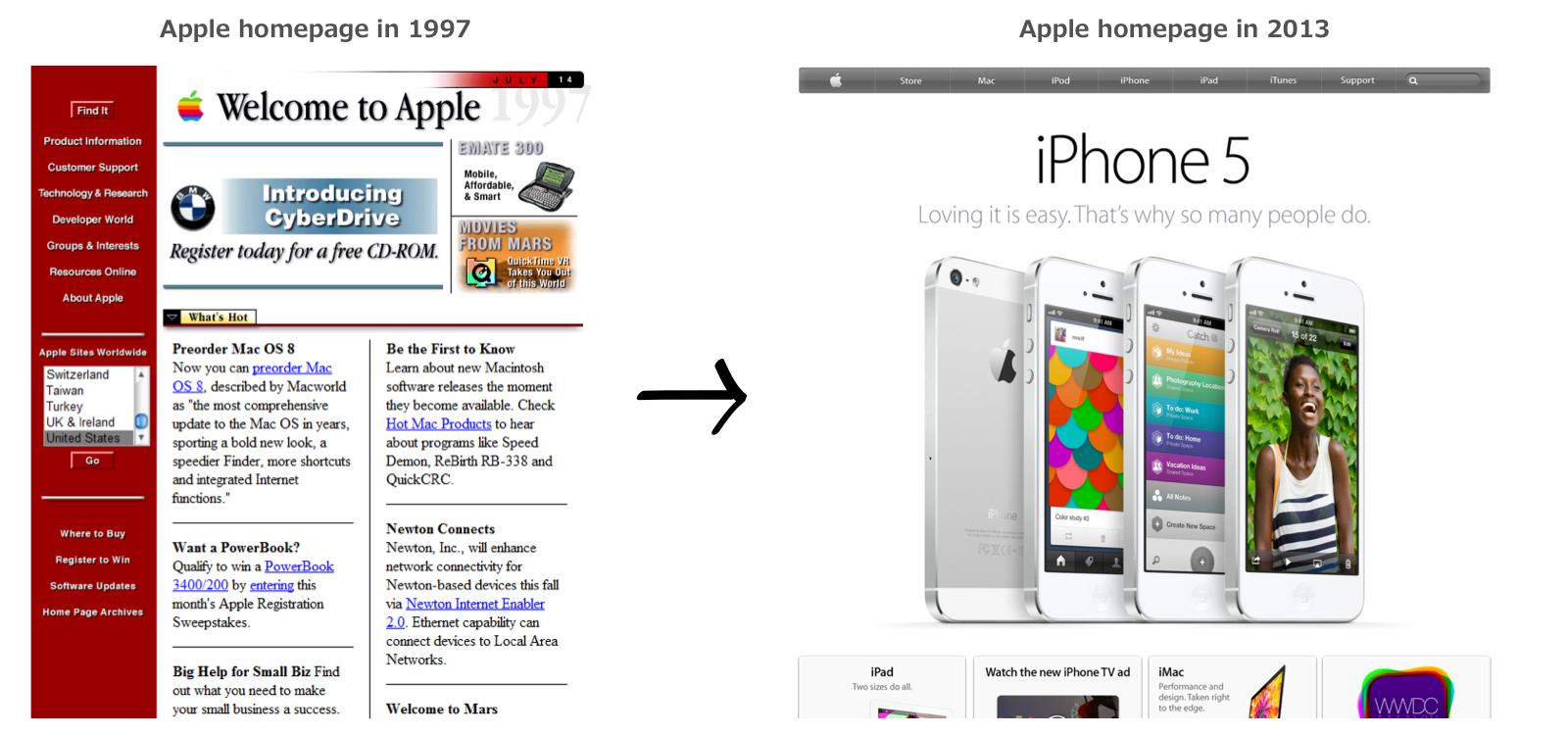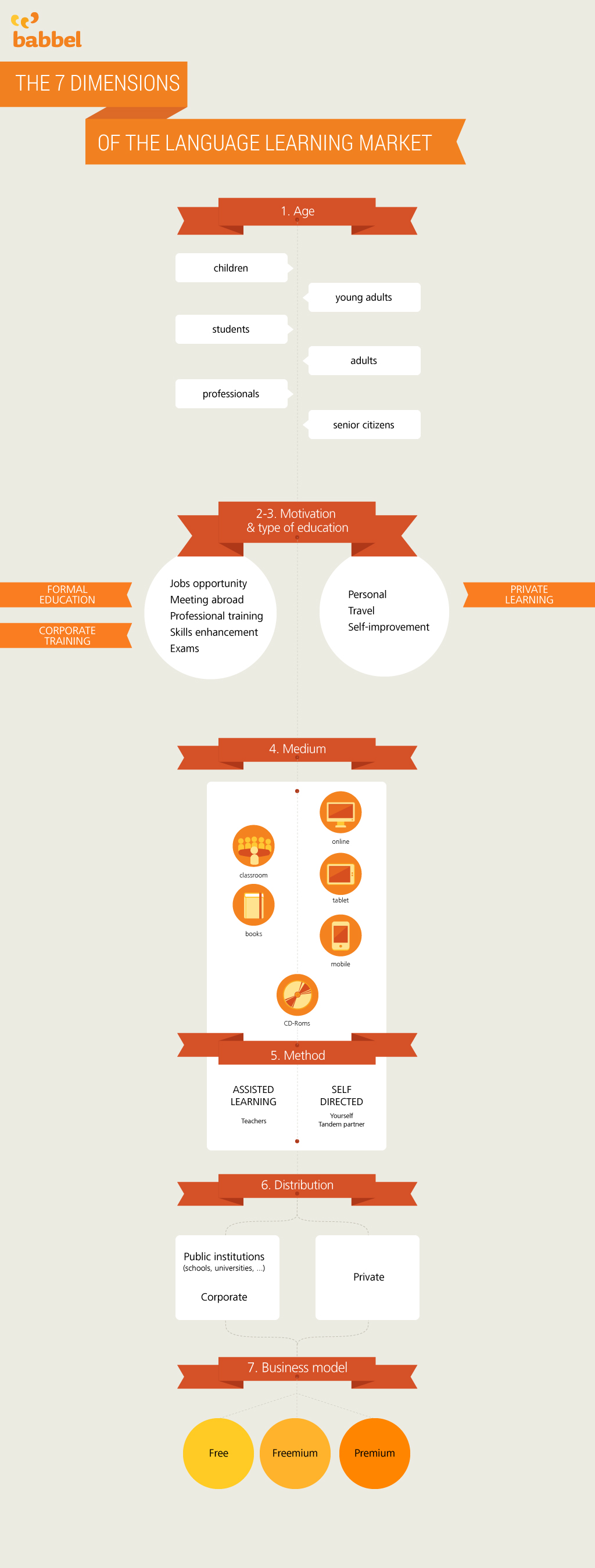The statistics are startling and the chatter is consistent: companies everywhere are struggling to find Software Engineers. The headlines ring hilarious, but true, declaring ‘Talent Wars’ across the tech sector. The number of open engineering roles is on the rise and all anyone in tech can talk about is the challenge we all face in filling those roles with quality engineers. So you can imagine the shock we feel when we wander over to Code.org and hear that only 1 in 10 universities have some form of a computer science program. You read that correctly: 1 in 10.
I’m Jonathan Soares – Co-Founder and COO of Moo Digital, a Connecticut based software development agency where we, like everyone else in this game, are constantly on the hunt for top talent. We aren’t just looking for Engineers, of course – we’re looking for Engineers who view code as their craft. These Engineers make career decisions based on learning and we know we can offer them the opportunity to work on beautiful and challenging projects. However, this is not an easy profile to find. In the right environment, you can teach almost anyone, almost any skill. But ambition? Drive? Those are innate qualities that can rarely be coached.
It was only a few months ago that my Co-Founder and I decided to partake in an additional strategic recruitment initiative. Layman’s terms? Train ‘em. Find bright, driven, and ambitious college students who are interested in software engineering and train them, the right way, through an intense hands-on technical track from the beginning. We had the support of the Technology Talent Bridge Program through Connecticut Innovations and we dove right in after realizing that our solution was within the walls of our company.
We began with the obvious, scouring LinkedIn, Twitter, and Facebook, searching for anyone who had an interest in code; we also attended a career fair at a local Connecticut university. One hundred and twenty five resumes later, we realized that not only was there a large ecosystem of untapped talent, there was also a significant issue with the collegiate engineering track (at the schools where such a track even existed). Most of what these students were being taught didn’t really apply to today’s technical landscape. The basic principles were instilled, but come on. How likely are you to hire a ColdFusion Dev? Not to mention, all of the free online training platforms were completely disregarded.
My partner and I decided to test our theory on 3 interns with 3 separate development tracks: Front-End, Back-End/PHP and iOS. After 4 months of training, we had farmed developers in our very own backyard. Passionate, hard-working, and intelligent students that just wanted a chance to show their ability to learn. A skilled labor force that just needed to be placed on the right path, with mentors who not only cared, but who understood the current technical atmosphere.
The problem I see with companies that are only going after senior level engineering talent is three-fold: first, their pickings are slim because the talent pool is limited (shocking, right?); second, they’re not actually helping the technical community because they aren’t opening their doors to junior level talent where they can access mentors and seasoned Engineers. Third, they are doing whatever they can, at all costs, to retain their engineering talent, which is being poached constantly.
And as for what schools to pull from, our company doesn’t care about academic pedigree. We care that our potential team members are passionate and bright, and that they genuinely want to challenge themselves. Of course they have to have the basic skill set necessary to grow, but whether they are enrolled in Comp Sci at MIT or are going local and spent the past few years hacking away in their parent’s basement, we want to talk to them.
As a community, we have to work together and while that’s not something everyone will be comfortable with in a competitive environment like this one, it is the only solution I see. And frankly, it’s kind of a fun one. If you’ve never sat in a room full of ambitious and bright college-level interns, I urge you try it. You’ll be amazed at what they have to offer and how eager they are to learn. It’s refreshing, it’s exciting, and it’s rewarding.
Of course, you have to be able to plan your workforce. Interns and a training program are just one seed planting initiative for us. We still have a healthy mixture of more senior Devs and we are constantly recalibrating our mix.
The waters are overfished and the only way to repopulate them is to do it ourselves. With time, those nets will stop coming up empty. It’s time to invest in the next generation of Engineers, who in my opinion will innovate exponentially. Pay it forward. Give back. Call it whatever you would like, but we must be the ones to foster their growth. And if you’re anything like us, you’ll have one hell of a fun time doing it.


